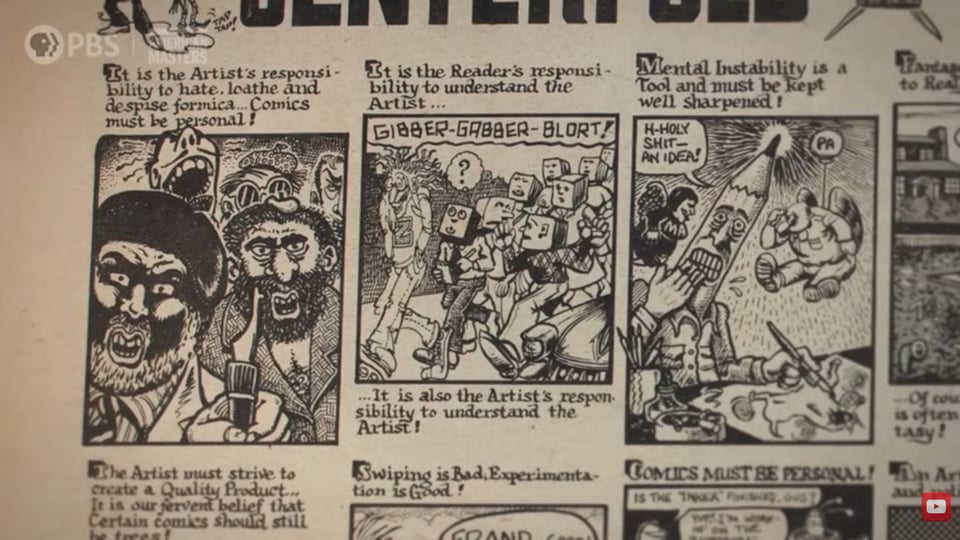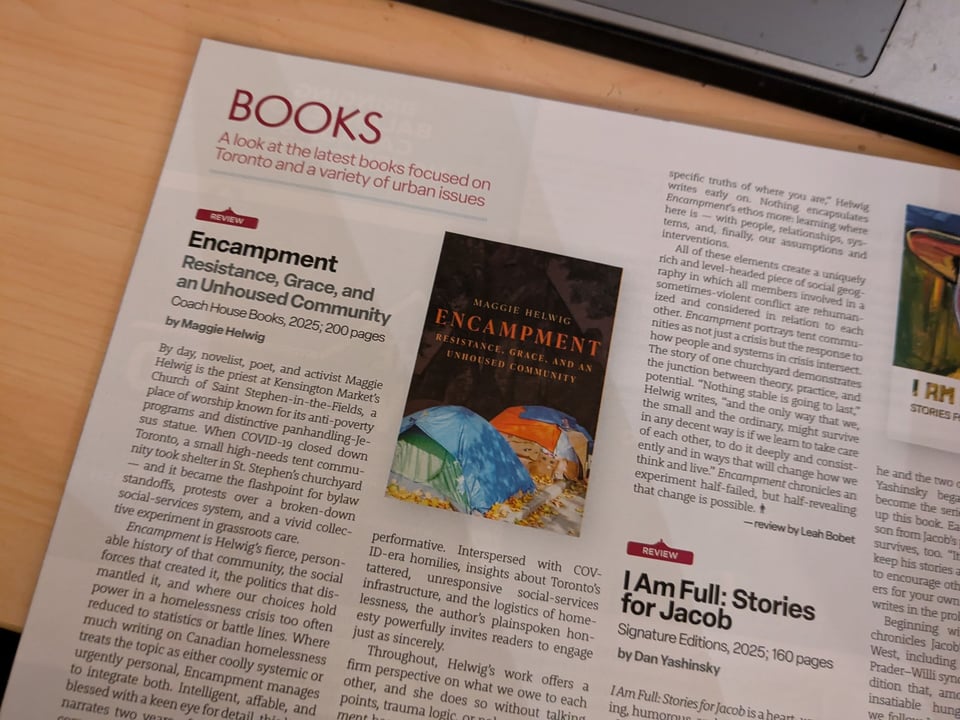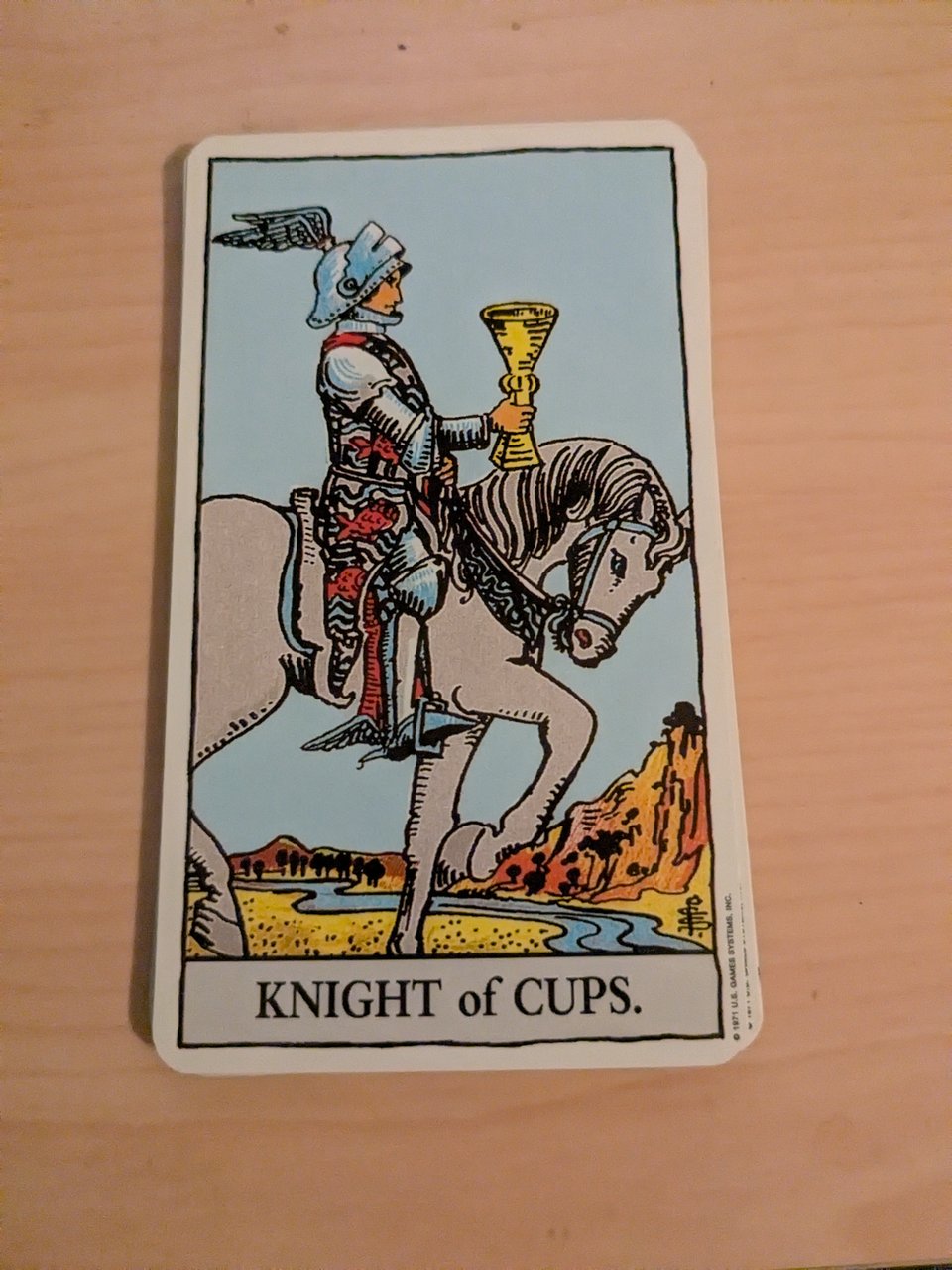sixty-eight: i walk through walls; i float down the Liffey.
It is not a good sign when this song takes up residence in your head.
It is not a good sign when this one does either, but at least then you know, and also know that your filthy mood has exquisite taste. If you can’t be happy, at least be interesting.
two things true, or a multiplicity
It has been a very nocturnal situation this month. Autumn Night is on the face of it good™ — legitimately, it is my favourite shade and depth of darkness through the whole year, there is such character to it — but I’m not going to brightside why I’m indulging in it so very much lately: I am not a fan of what the world is serving right now.
In daylight right now, I spend a lot of time managing personalities in the vain hope of getting things done. There is more than the usual helping at the moment of being small and nitpicking, breaking one’s word more than keeping it, shoving crisis around the plate trying to make it someone else’s problem. I had an evening where I filled out class action claims for my bank and for Anthropic, did two kinds of paperwork for a longstanding harassment issue, and then had to fend off an attempt to rope me into a little diceless trauma roleplay in a professional situation. And then I just went face first into the pillow and bluntly, cried.
It’s to the point where you kind of wonder if it’s you, you know? Except I do compare notes with people willing to compare with me, and we are in a place where I can casually say “yeah, that guy I was sort of friends with for a while except he went a little mad over various wars in progress and wouldn’t stop reposting snuff films every day,” and that is a situation that exists. I cannot imagine that sentence happening even four years ago without a social services alert. Ten years ago it’s the plot of a horror movie. So I am pretty sure it is not me. Even if/when I go mad, I’m still reasonably fastidious about the matter of consent.
So it’s a little too easy right now to go: Whew, fuck this, there is nothing for me here. And then the lights go out, and I can go flying.
What I am filling this particular nightside with instead is a full revival of Halloween Season. Which has not been a thing for some years, but a lucky little incident revived the side of my life that used to get dragged reasonably cheerfully to extremely silly/gory TIFF Midnight Madness screenings, and liked Halloween as long as no one made it a performance sport, and spent Saturday nights with a half-dozen friends, four bottles of wine, and the two absolute worst, lowest-budget, silliest Hammer Horror or 1970s B-movies we could score from Suspect Video; spent sleepless nights on my first-year undergrad apartment futon, watching the German Expressionist movies Space ran to fill their late slots, silver nitrate filmlight flickering. She has been asleep far too long and is rolling about in the proverbial cushions, flinging them about with fifteen years of pressurized glee. I’ve missed this and I’m hungry and she’s keeping me alive.
So the balance of probabilities right now is, mostly, that this is the universe where people seem extra full of insistence that I play games I’ve no interest participating in, never mind winning, never mind what winning would mean or cost (see: One day you’ll be the officer who fires the cannon). But this is also the universe wherein someone made “Dead Line” (do not spoil this for yourself, it is so worth meeting straight-up). People are living willingly in tiny little psychological sweatboxes everywhere the fuck around me, but elsewhere, across Rukeyseresque distances, someone’s on my team, remaking the very notion of art and form and walls. Sometimes you can literally feel the difference. Against your skull.
So I floated (down the Liffey) through a piece of late September and early October with Halloween in my mouth: gleeful and smoky, a little sly, unrigid, conspiratorial, strange. This is excellent if hard on the schedule. I do not care about gender-based analyses of development programs right now, or artificial limits set for me because someone else is melting and can’t admit that straight, or which asshole I don’t know said what to who; I care about vampires and the possibilities of white space on a page. In a life. Where the walls, at present, aren’t or won’t be insisted upon.
It was really very odd timing: coming right on the heels of a conversation with a reviews editor asking me: You handle a lot of horror, right? and saying no, I used to but for the sake of my neurology I’m not adding extra load these days — and thinking did I? I don’t think I did. I have a little more buffer if it’s a book, but I’m incredibly flinchy about gore and cruelty in visual media. Alongside apparently having some pretty stiff standards within the subgenre, because said editor did send me a prospective review title anyways, which I turned down because it wasn’t good enough at horroring for my taste and I’m not going in there just to be a meanie about it. (We found a better fit, everybody wins.)
But it seems — I did? Because I still have the entire B-movie, splattery, Gothics-to-giallo lexicon here in this mental box I shoved in the attic? Probably when all the early-2000s trauma hit the media production cycle and more and more thought and experimentation and things obviously made in a spirit of play were substituted with laundered brutality.
It’s amazing how many layers of the last 24 years I can peel back, given enough quiet, and think: Wait, no, actually I never wanted or liked this pause on an interest of mine; it was a temporary accommodation to semi-permanent constraint. But there we go. Temporary solutions are longer-lasting than you think. You lose things.
The takeaway might, as usual, be: fuck reductiveness. It is the font of absolutely nothing.
How, though. Well, that’s always the question in progress.
that’s the beauty of theories. they’re usually written by people who’ve never tried it.
(Courtesy Phil Harding of Time Team, at Flag Fen, a beautifully weird place full of beautifully weird things.)
Organizing progress has, like everything else, hit a stall as I work through whatever’s going on across everybody’s desks. A few small improvements were done in a few small places not really worth going into, and there was a great talk on maintenance as ritual action that I took rabid notes on but I don’t think was recorded for public viewing. Climate grant season is opening too, and those will be landing here anytime now, which is definitely a social good.
But a good piece of company this month was the Green Neighbours Network’s Green Hearts in Action podcast. Cheesy name, but it’s a great set of focused, concise interviews with people working in grassroots climate action about what they’re doing, why, how, and their best practices.
If you’re Toronto-local and have half a toe in climate or organizing stuff, a lot of these names will be familiar; if you’re not, these are all established projects and people I’ve seen in meetings, are on nodding terms with sometimes (I owe Repair Cafe some volunteer shifts for all the shit I get fixed there) — people who grow out infrastructures. They’re great short hits on efficacy; recommended.
things watched (we are the witches / of halloween)
While living in this particular flickering black-and-white space, I decided to program myself a film fest of all the classic horror movies I’ve just never watched because why the hell not. Some highlights!
Top of the list was The Wicker Man (1973), which I’d never seen even though I’ve probably seen eleventy million things that reference it. And you get a very distorted picture of something, reading back from how it’s osmosed into the culture. But the thing-in-itself surprised me: it’s weirdly funny from this vantage point? I did not expect the musical numbers? Or a lot of that very 1970s “let’s put a folk soundtrack over everything” and Edward Woodward spending most of the film tromping around Summerisle, quite inappropriately telling everyone his plans outright (duuude), and getting increasingly annoyed with people as if it is a very special episode of The Equalizer (aka Edward Woodward tells you not to do something and then you do it and he shouts).
The context drift is quite something. And I think that’s my issue here: it’s so reducible. Mostly a fairly pushy Christian being a slightly bad tourist in a town of extremely horny Twitter trolls who are visibly setting him up, until you get to the murder bit. Even within the murder bit, there’s something deeply emotionally undermining about making it a question of theology. It lends an air of Reddit Argument to the proceedings: detached, legalistic, disembodied, hypothetical, which is not how I should probably be feeling about The Equalizer being set on fire. Or how I should be feeling about someone sexy dancing with their butt out while The Equalizer goes noooo on the other side of the wall. They’re scenes which should be visceral, reduced to one’s theoretical relationship with the rules. I mean, go back to bed, have a wank, save a life? We do possess middle-ground options here? So much of this is denatured of its impact for me, because it’s turned instantly to theory — and black-and-white, artificially binary theory at that — and fifty-odd years on, it just felt a little cartoonish, all this debate me! as the flames rise.

Maybe it’s one of the problems of the age. I did look up some reviews to see if I’d just missed the point (I do, sometimes), and the Guardian went with “a genuinely scary adventure in group psychopathology,” which makes me think — well, I look outside, and look at this, and go: meh. But I suspect it’s mostly that — when you’re living your life in the symbolic register, nobody’s quite practical, and none of it’s quite real. I mean: I think I should’ve had the airspace in all that immolation to feel something.
***
Dracula (1958) was a bit of a briefer operation. Plot-wise it’s not at all a great adaptation: I hate when a Dracula movie compresses Seward or Quincy out of the plot, because the entire power of the distributed Stoker protagonist crimefighting polycule is that they’re working as a team and also a bunch of significantly weird guys with very niche hobbies. It’s classic adventuring party logic; the whole genius is in making up for each other’s dump stats.
Aesthetically speaking, it’s fun. Anything that’s a Peter Cushing/Christopher Lee operation is kind of joyful, especially if it’s Peter Cushing versus Christopher Lee (Team Cushing, btw). The twist is legitimately a very good twist, and it’s decently telegraphed too, so you can catch it on hindsight.
What makes me think I won’t go back to this one is that apparently deep in my soul I am a Dracula purist (it was one of my favourite books when I was about twelve) and the linchpin of that sniffy purity is that I get very pissy about anyone minimizing Mina Harker’s competence. On the page, she’s smart, capable, lateral-thinking, keeps her head, and knows how to use a spreadsheet. She is the ultimate Gothic Novel Tactician: I wanted to be her when I was twelve and turns out I still do, and I’m protective of her dignity. This is probably why I don’t watch a lot of Dracula adaptations. No one ever gives her room to breathe.
***
The best situation was that I finally broke the emergency glass on Only Lovers Left Alive (2013), which I’ve been basically hoarding for a rainy day since, oh, 2014. This is a horrible habit of mine. I can spend years relishing a bit of potential energy. But I knew I would love it — I mean, truly love it — and sometimes with those things I get a little stuck in finding the absolute right moment, the window where you can meet it whole and unburdened. I also knew I’d be furious when it was gone and I still wanted hours and hours more and had none, and yes, that has happened. I’m not saying I overcame the habit; perhaps just that I found the moment.
The time maybe did well for it. There is, now, a different nuance in contemplating the darkened blocks of Detroit — then still a core cultural symbol for so many things about possibility, betrayal, and decay. It was, in retrospect, an oddly innocent thing, the way people imaginatively met that: it was systemically awful but could still be beautiful, we were sure of it. So much art spent time on the beauty possible and inherent there, on what you could grow in ruination.
I think we were already beginning to have this current relationship with nostalgia, though. This is such a richly, quietly nostalgic, regretful, loving kind of piece. Down to the set design — all the spaces are so beautifully lush with things that aren’t just things, but potentialities, ideas: books guitars violins inventions flickering machinery. It’s deliciously material, and all the spaces speak so much about their people’s attitudes to life in a way that’s not at all subtle, but still beautiful. Or maybe just not subtle to the headspace of a working artist. Uncredited, crippled, and unknown, of course you keep working. Even if you’re dying. The only thing worth dying over is losing all mutually intelligible language between people and the work. It’s a pretty direct thesis. But it’s true, and that makes it beautiful. You don’t need indirection or artifice if it’s just — true.
To pull back a little into the genre side of things: I have never entirely bought the vampire suicide trope. Despair happens, yeah; people die of it. But imagine you could just wait out the circumstances; that time and the arc of history actually were, in a concrete way, on your side. Imagine the perspective. There would never be a reason to die.
Anyways, it’s beautiful. I knew it would be. Glad I let it ripen.
things read
The one book I got through in one bite this month was Bob Mortimer’s memoir And Away…. He’s a little over-represented in my reading this year, but he’s very easy to sit with: interesting and thoughtful and relatively unselfconscious when writing in his own voice. Good company, I think is the phrase I want? If you are interested in 1990s-and-onward British comedy, in the basic rhythms of growing up in the North in the 1970s, in just spending a little light time with a writer who isn’t modern-era paranoid, there is far worse you can do with an evening.
There is one thing that struck me reading this, late-night, and probably because I’ve stacked it up against reams of interviews and behind-the-scenes stuff about the same creative scene over the past year. The way that — I don’t know if it’s generational, regional, subcultural, or what — in 1970s-1990s Britain, men seem to like each other and have man friends. Even the ones who self-describe as shy, socially anxious, or reserved seem to have close, trusting long-term friendships and show affection and care with each other. They keep in touch, they casually help each other, and have functioning social networks.
I have lived long in dude-coded spaces (nerd hobbies, politics, people who appreciate directness) so I have a lifetime experience of Guy Friends Across North America. And not many of them seem to like other men very much. I have had long conversations with said guy friends about how men see other men — both for research and general interest — and it has always been put forth to me as a much more violent, fear-driven, and suspicious terrain. It’s quite possible that a certain kind of dude gravitates toward me as a person; you only see so much through keyholes. But. It struck me, is all.
writing (i’m not here this isn’t happening / strobe lights and blown speakers fireworks and hurricanes / i’m not here)
Three slices of relevance from this month’s perambulations:
1) Art Spiegelman: Disaster is My Muse wasn’t really in my Halloween rubric, but I was running out of view credits on my little panoply of streaming services, it was free, and I was in the mood. It’s great. Having read Maus and actually, a bit about Francoise Mouly’s work helps (this is in my bookshelf somewhere; it’s good stuff).
But it turns out the main takeaway this time ‘round:

2) Alan Moore interviewing Brian Eno for BBC’s Chain Reaction is very good and deliciously nutritionally dense. Especially the bit about wondering perpetually re: the value of art because one isn’t intellectually dishonest enough to reflexively push the scales toward answers that benefit oneself (holla), and how that makes you ask a question that much more rigorously. I appreciate Brian Eno very much.
3) A good paragraph from Alexander Chee’s newsletter (I took, a few years ago, his advice to writers to stop giving our best shit away on Twitter and that’s probably half of why I’m such an intellectual recluse now, but I was tired of getting used for ammo and parts and he’s right, the work is richer; there’s a reason to keep it back).

Anyways. It felt good to have an answer immediate, instinctive. I know what my Pepys Parmesan is.
The writing section is still not on for the foreseeable, because this here is a war, and the readers haven’t been holding up their end of the social contract for a good while now, and I’m not a fool. Or at least not that species of one. I will be a fool about other things.
things to read
I did finally verify that the review of Encampment is in the current issue of Spacing Magazine — somewhat slowed because I had to hustle around a bit for a copy and wasn’t in the right neighbourhood for a week or two. (No, I don’t get contributors’ copies here. They’re one of the few places I’ll write for and just buy my own.)

I would, again, strongly recommend this book. Maggie’s a remarkable writer on her worst day; her Girls Fall Down is one of my favourite Toronto books. This book itself is something truly special in its honesty and grace.
I also found, rather belatedly, the reading of “Rewilding” I did for Prairie Fire posted on their YouTube channel. I’m surprised how angry the first few lines sound; I was going for energy and I think, overshot badly. I’d do it differently now. But if you do want the poem itself, there it is, rainy garden visuals filmed bespoke on the balcony. You can see a tiny cucumber on the top left; a tiny skinny green bean top right.
graceful, not warlike, riding quietly
Well. It’s the aspiration.
(This man is not a vampire, because he can cross water. Or alternatively, he’s just very good at being a vampire. Competence is a joy forever.)
